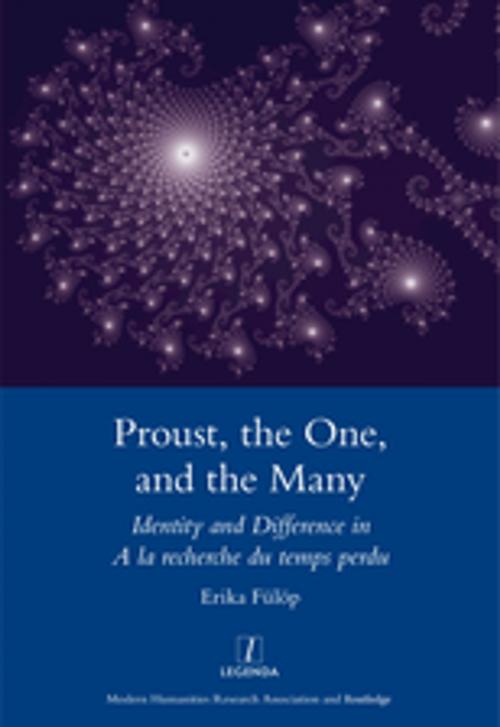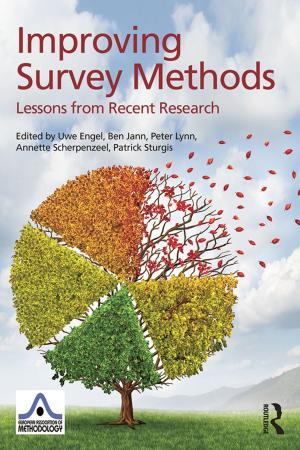Proust, the One, and the Many
Identity and Difference in A La Recherche Du Temps Perdu
Fiction & Literature, Literary Theory & Criticism| Author: | Erika Fulop | ISBN: | 9781351192491 |
| Publisher: | Taylor and Francis | Publication: | December 2, 2017 |
| Imprint: | Routledge | Language: | English |
| Author: | Erika Fulop |
| ISBN: | 9781351192491 |
| Publisher: | Taylor and Francis |
| Publication: | December 2, 2017 |
| Imprint: | Routledge |
| Language: | English |
"One of the many aspects that make Marcel Prousts A la recherche du temps perdu such a complex and subtle work is its engagement with metaphysical questions. The disparate nature of the narrators experiences, hypotheses, and statements has generated a number of conflicting interpretations, based on parallels with the thought of one or another philosopher from Plato to Leibniz, Spinoza, Schopenhauer, Nietzsche, Bergson, or Deleuze. Through the analysis of the narrators two seemingly incompatible perceptions of the world, which reveal reality to be either one or infinitely multiple, Erika Fuelop proposes a reading of the novel that reconciles the opposites. Rather than being undecided or self-contradictory, the narrative thematizes the insufficiency of the dualist perspective and invites the reader to take a step beyond it. Erika Fuelop is an independent researcher, whose doctoral thesis completed at the University of Aberdeen is at the basis of this monograph."
"One of the many aspects that make Marcel Prousts A la recherche du temps perdu such a complex and subtle work is its engagement with metaphysical questions. The disparate nature of the narrators experiences, hypotheses, and statements has generated a number of conflicting interpretations, based on parallels with the thought of one or another philosopher from Plato to Leibniz, Spinoza, Schopenhauer, Nietzsche, Bergson, or Deleuze. Through the analysis of the narrators two seemingly incompatible perceptions of the world, which reveal reality to be either one or infinitely multiple, Erika Fuelop proposes a reading of the novel that reconciles the opposites. Rather than being undecided or self-contradictory, the narrative thematizes the insufficiency of the dualist perspective and invites the reader to take a step beyond it. Erika Fuelop is an independent researcher, whose doctoral thesis completed at the University of Aberdeen is at the basis of this monograph."















